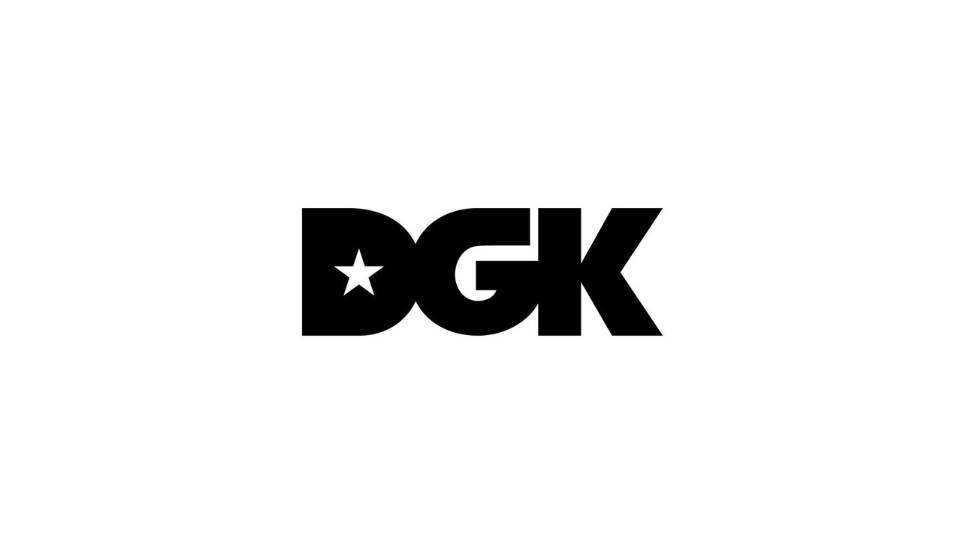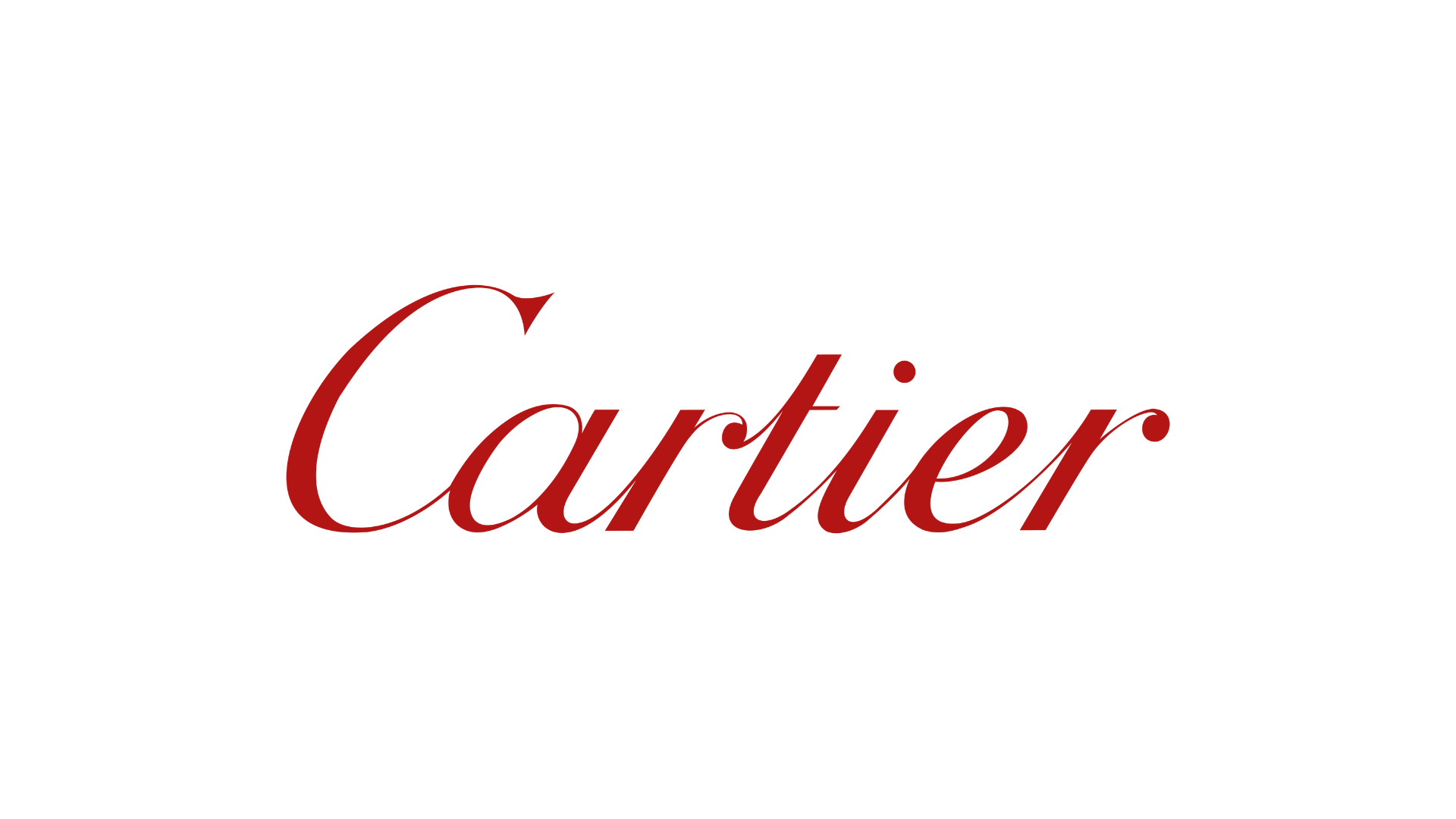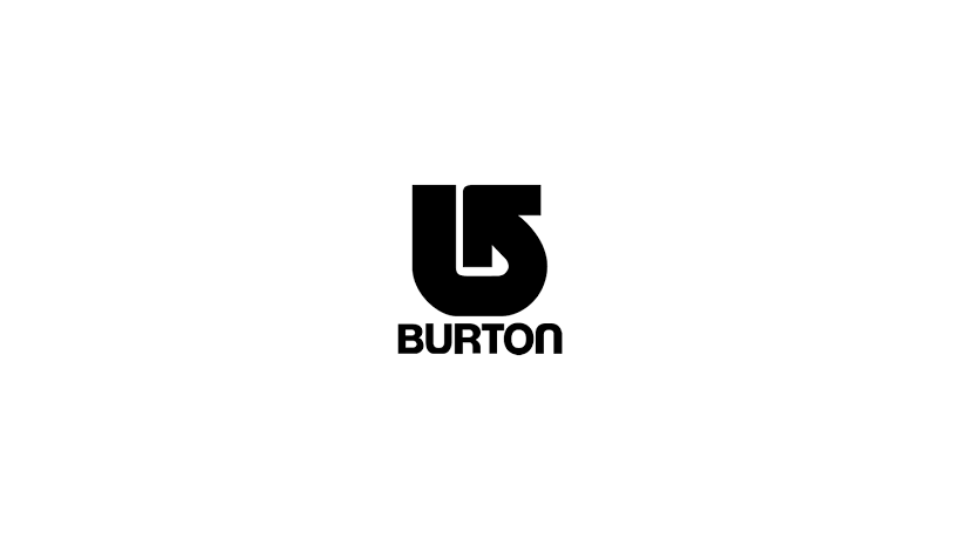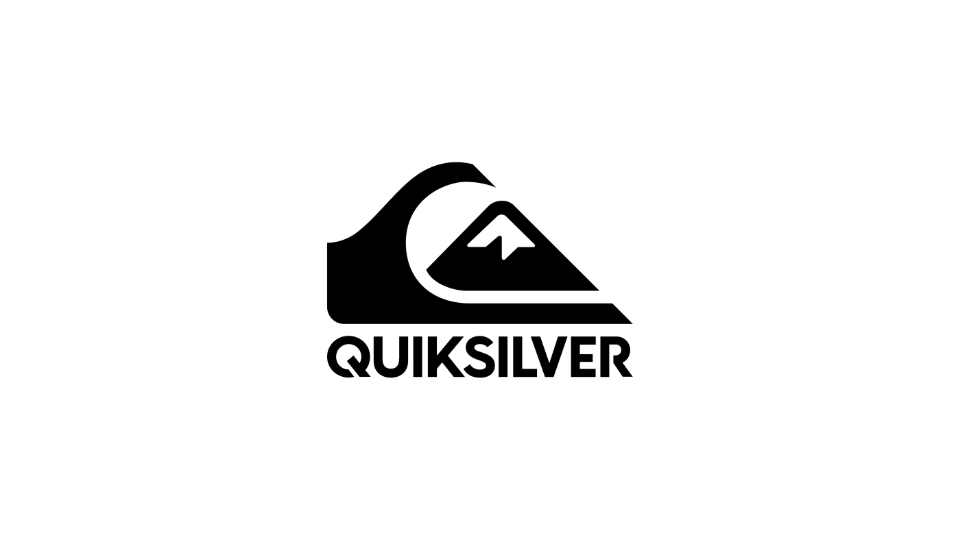Brand Story: From Humble Beginnings to Global Recognition

Dirty Ghetto Kids, commonly known as DGK, was founded in 2002 by professional skateboarder Stevie Williams. Born in the streets of Philadelphia, Williams faced countless challenges growing up in an underprivileged neighborhood. His love for skateboarding became a refuge from harsh realities, and his perseverance led him to break barriers in a sport often dominated by suburban culture.

The name “Dirty Ghetto Kids” reflects Williams’ upbringing and the experiences of countless youth who found skateboarding as an escape. DGK isn’t just a brand; it’s a movement celebrating street culture, individuality, and the journey from adversity to triumph. Williams wanted to create a label that resonated with skaters who didn’t fit the conventional mold—a brand representing raw, unfiltered authenticity.
Growth Journey: Rising to Success
From its inception, DGK stood out in the skateboarding world with its unapologetic designs and bold messaging. It quickly gained attention for being a brand that wore its roots proudly on its sleeve.
- 2002: DGK was officially launched under The Kayo Corp distribution, alongside other skateboarding brands.
- 2004: The brand gained visibility through iconic skate videos like “It’s Official,” showcasing top-tier skateboarding talent and unique street aesthetics.
- 2011: Collaborations with major companies like Reebok helped DGK penetrate mainstream markets while retaining its core skateboarding ethos.
- 2012: DGK dropped its first full-length video, “Parental Advisory,” which became a cultural milestone in the skateboarding community.
- 2014-2020: Expanding into apparel and accessories, DGK grew beyond skateboarding, becoming a lifestyle brand for urban youth globally.
- Present: DGK continues to inspire skaters and streetwear enthusiasts worldwide, staying true to its rebellious and empowering roots.
Fact-Based Information
- Founder: Stevie Williams
- Founded In: 2002, Philadelphia, Pennsylvania, USA
- Parent Company: The Kayo Corp
- Core Products: Skateboards, apparel, accessories
- Global Reach: Available in 70+ countries
- Target Audience: Urban youth, skaters, and streetwear enthusiasts
- Slogan: “For those who come from nothing.”
Why Is DGK So Popular?
- Authenticity: DGK resonates with skaters and fans due to its roots in real-life street struggles. The brand doesn’t cater to stereotypes but embraces individuality and adversity.
- Relatable Messaging: Its name alone—Dirty Ghetto Kids—strikes a chord with many who’ve grown up in underprivileged neighborhoods or faced systemic challenges.
- Bold Designs: DGK’s graphics are vibrant, raw, and full of personality, often featuring graffiti-inspired art, pop culture references, and street slang.
- Representation: Stevie Williams, a Black skateboarder, broke barriers in an industry lacking diversity, making DGK a symbol of representation for marginalized voices.
- Cultural Impact: DGK extends beyond skateboarding, influencing music, streetwear, and urban art scenes.
Key Features of DGK (Table Style)
| Feature | Details |
|---|---|
| Brand Identity | Focuses on underrepresented voices in skateboarding and street culture. |
| Core Products | Skateboards, streetwear apparel, accessories. |
| Unique Aesthetics | Combines graffiti art, bold graphics, and urban culture themes. |
| Collaborations | Reebok, G-Shock, and other mainstream brands while maintaining skateboarding authenticity. |
| Target Demographic | Urban youth, skaters, and fans of street culture globally. |
| Cultural Representation | Symbol of resilience, individuality, and breaking stereotypes. |
| Philosophy | Celebrating “those who come from nothing” and promoting inclusivity. |
| Sustainability | Focuses on quality and durability, minimizing waste in the production process. |
Inspiration Thinking: DGK’s Legacy
DGK represents more than a skateboarding brand; it’s a voice for those often overlooked by mainstream culture. Through Stevie Williams’ journey, the brand inspires people to embrace their struggles and use them as fuel to chase their dreams. Whether you’re a skater, an artist, or someone navigating life’s challenges, DGK serves as a reminder that your background doesn’t define your potential.
By blending artistry, cultural awareness, and bold storytelling, DGK continues to inspire creativity, individuality, and the rebellious spirit that drives change.



